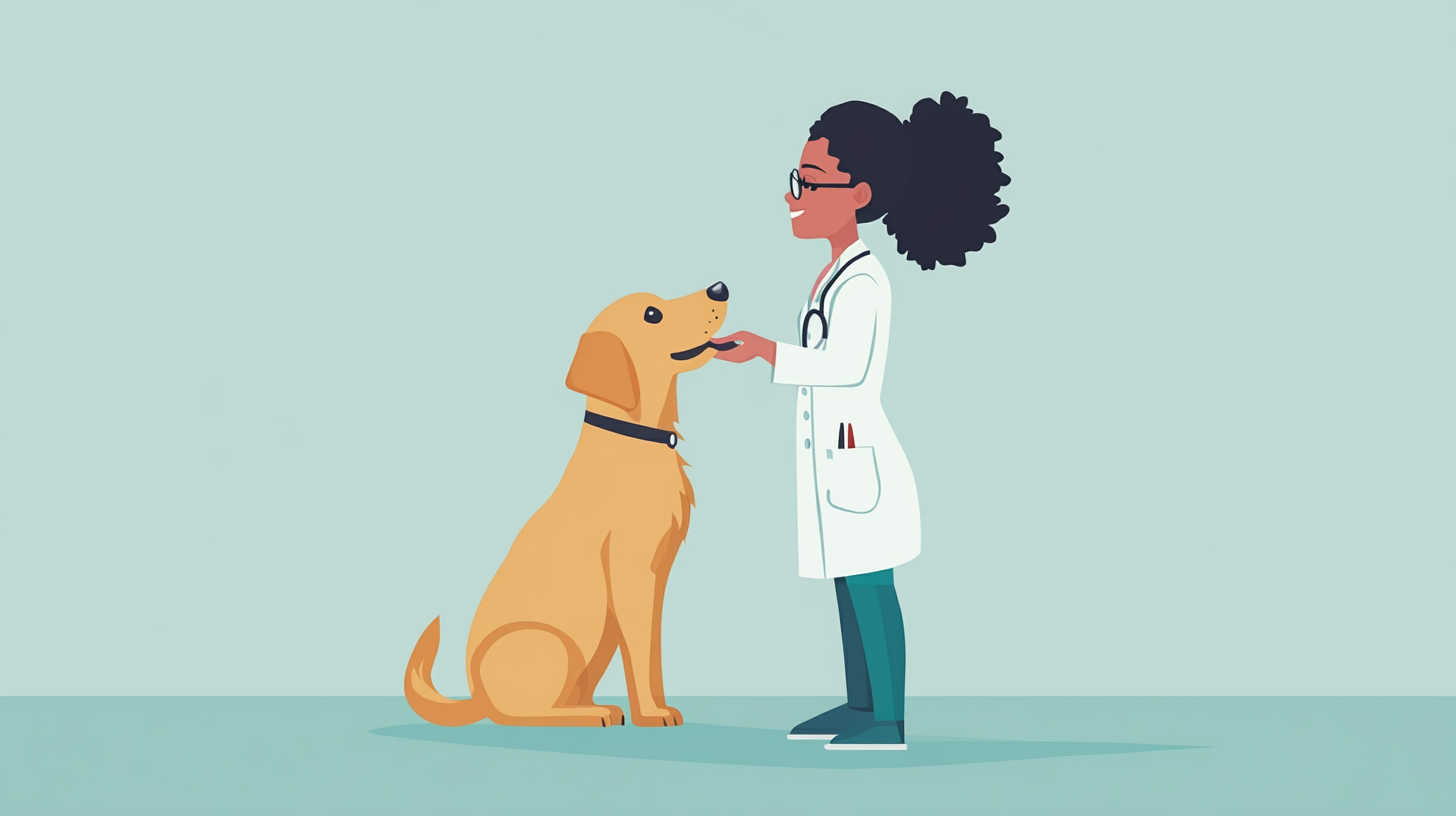Signs Your Pet Needs to See a Vet
3 min read
As loving pet owners, we want our animals to be happy and healthy. However, pets can't communicate their discomfort or ailments the way we do, which makes it crucial for us to be vigilant about their behaviors and physical changes. Here are some common signs that may indicate your pet needs a visit to the vet:
- Changes in Appetite or Thirst: A sudden increase or decrease in your pet's appetite or thirst can signal an underlying health issue. If your pet is eating significantly less or not at all, or if they seem excessively thirsty, it’s advisable to consult a veterinarian.
- Weight Loss or Gain: Unexplained weight loss or gain can be indicative of health problems such as diabetes, thyroid issues, or gastrointestinal disorders. Keeping track of your pet's weight and notifying your vet of any changes is important.
- Vomiting or Diarrhea: Occasional vomiting or diarrhea might not always be a cause for concern, but persistent symptoms can lead to dehydration and other serious health issues. If your pet experiences ongoing gastrointestinal problems, it’s time to make a veterinary appointment.
- Lethargy or Changes in Behavior: If your pet seems unusually tired, less active, or exhibits changes in behavior, it may be a sign of illness. Being less playful than normal or hiding could indicate discomfort or pain that requires veterinary attention.
- Coughing or Difficulty Breathing: Respiratory issues in pets can escalate quickly. If your dog or cat is coughing frequently, wheezing, or showing any signs of trouble breathing, seek veterinary care immediately as these can be signs of serious conditions.
- Abnormal Urination: Changes in urine habits, such as straining to urinate, frequent urination, or blood in the urine, can signify urinary tract infections, bladder stones, or kidney problems.
- Skin Problems: Irritation, excessive scratching, hair loss, or any unusual lumps or bumps should prompt a visit to the vet. Skin issues can be caused by infections, allergies, or other health problems that require medical attention.
- Bad Breath or Dental Issues: Unpleasant breath, excessive drooling, difficulty eating, or swollen gums can indicate dental disease or other oral issues. Regular dental check-ups are important for your pet's health.
- Injury or Pain: If your pet shows signs of limping, whining, or sensitivity to touch, it may be experiencing pain or an injury. Prompt examination by a vet is crucial for timely treatment.
- Changes in Coat Condition: A dull, dry, or falling-out coat can reflect dietary deficiencies or other health issues. Regularly review your pet's coat health during grooming sessions.
Being proactive about your pet’s health is vital. Regular veterinary check-ups and being aware of any changes in your pet's behavior or physical condition will help ensure they lead a happy and healthy life. If you notice any of these signs, don't hesitate to contact your veterinarian for guidance and care.


